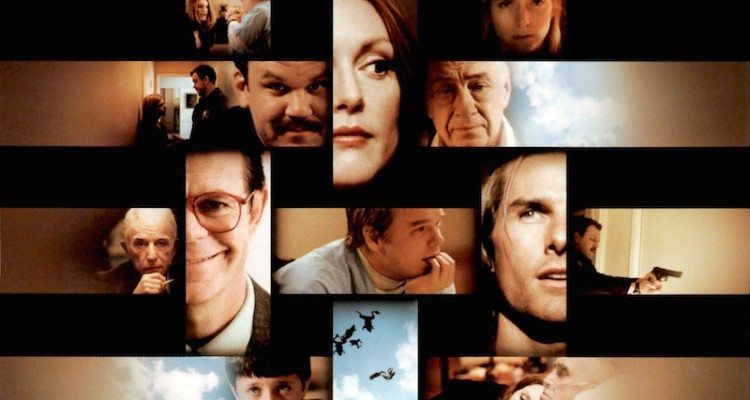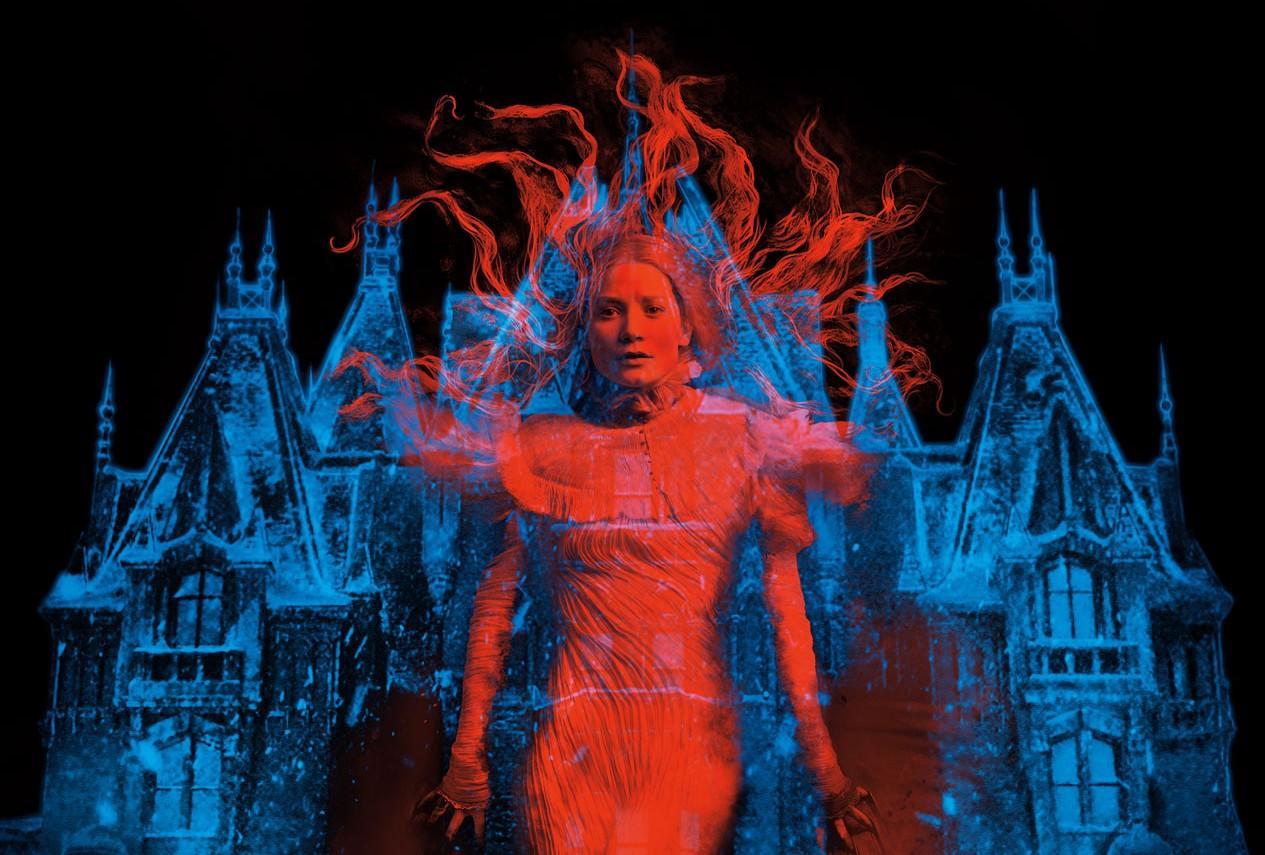Rules: list 10 books (or other works of art) that have stayed with you. They don't have to be the celebrated great works, just the ones that have touched you.
If you are reading this and if you are inspired, make your list and share them in the comments, so I can learn more about you and the books that are important in your life.
Random off the top of my head. These books are all vital in my dialogic (as opposed to monologic) conception of culture/reality. At an early age, The Bible rigidly framed for me an important, but dangerous/limited conception of the world/reality... all of the important works (art/literature/film/music/etc.....) since that early age that I value have challenged/expanded that limited frame. To be clear, although I am not a Christian now, I value that early education/experience, nothing could have taught me more clearly about how stories structure our sense of reality/the world. Reading it so closely and using that knowledge as a kid to confront lazy interpretations (or even those that had not read it spouting their uninformed interpretations as wisdom) and manipulations/distortions by preachers, politicians, and dogmatic laypeople of the Bible's message taught me the value of close readings and to not assume that people have actually read about/learned what they are talking about:
1 The Bible - I read multiple versions, seven times straight through, often aloud, by my mid-teens, taking notes, in different colored pencils each year, memorizing sections, and engaging in conversations with people of the faith about what was written, using biblical concordances and encyclopedias. It was a great training ground as I was an avid believer and was encouraged to question through dialogue everything I read and what others said about what they did (or did not) read in The Bible. I became very attuned during that time to recognizing those that were parroting other's ideas about the book/faith and to the hypocrisies of powerful interests that sought to manipulate the faithful. Ironically my close attention, seeking out of multiple editions/commentaries, and constant questioning of church authorities led to my leaving the Church/Christianity.
2) The Things They Carried by Tim O'Brien. It taught me about the importance of objects in the formation of identity and the problematic nature of memory/remembering. Most important was the maxim throughout the book: if they tell you this is a true war story, you know it is not. Eviatar Zerubavel's Social Memories is a non-fiction book that would be a good companion to O'Brien's fictionalized memoir.
3) A People's History of the United States by Howard Zinn. It changed the way I thought about and taught historical movements and the people involved - with Michael Marchman I explain the influence of Zinn's book on our lives http://noclexington.com/?p=91
4) Without Sanctuary: Lynching Photography by James Allen. The first time I came across this book was in an Ann Arbor, MI, Borders and as I read the book on the floor of the store I became increasingly distraught. I drew a crowd because I started asking questions of those around me of what they knew about this history and was passing the book around to others. Some engaged me in discussion, some sought to comfort me, and some were angry at me for what they saw as pissing on their holiday atmosphere. Eventually I was escorted from the store because of the increasing commotion. Without Sanctuary is a collection of photographs detailing the visual legacy of American lynchings. Most people know that lynchings took place in the U.S. (although few realize the extent), but they are often recounted as temporary lapses of collective sanity. This book documents how lynchings were a socially sanctioned activity used to keep a section of society in check and fearful. Just as shocking and horrific as the desecrated bodies of Black Americans are the smiling, joyous faces of the White Americans in the crowds. The Equal Justice Initiative provides a contemporary project that ensures we will not forget this history https://eji.org/reports/lynching-in-america/
5 Understanding Power - Noam Chomsky This is a series of lectures by one of America's most important dissident political philosophers. It changed the way that I understood the operation of politics/power and the way that history/representation is intertwined with the former. I've read it and listened to audio versions multiple times.
6 Ways of Seeing by John Berger. I stumbled upon this book, and later the BBC documentary, early in my education and it pushed me to understand how art/culture frames certain realities that emphasizes certain aspects/people in a culture/society and marginalizes/excludes others. An important initial book that initiated my understanding and analysis of 'framing.' It also pushed me to investigate issues of gender.
7 Project Censored's Annual Books on the Top 25 Most Censored News Stories of the Year. Can't just choose one, carried out by hundreds of scholars and students every year for over a half-century, they publish an annual book detailing the stories that were ignored by the mainstream media each year and even more important are their detailed, in-depth, thematic reports of important issues all media scholars and concerned citizens should be aware of..... https://www.projectcensored.org/top-25-censored-stories-of-all-time/
8 Two Cheers for Anarchism: Six Easy Pieces on Autonomy, Dignity, and Meaningful Work and Play by James C. Scott. I have witnessed many times otherwise intelligent, thoughtful, critical people become unrelentingly & willfully reactionary and unreflective when this subject comes up. If only they could take the time to read this clear and concise look at how anarchism is actually a part of our daily lives (the whole book is available for free online https://www.axelarnbak.nl/wp-content/uploads/2014/02/James-C.-Scott-Two-Cheers-for-Anarchism_-Six-Easy-Pieces-on-Autonomy-Dignity-and-Meaningful-Work-and-Play-Princeton-University-Press-2012.pdf ). A great counter to the extensive propaganda aimed at getting us to think that we need super-powers (egos) to lead us through life.
9) The Botany of Desire by Michael Pollen. It led me to rethink my/our relationship to the plant world and how they shape us just as much as we cultivate them. Four sections on potatoes, apples, tulips and marijuana. There is also a documentary based on this book.
10) Tie: The Xenogenesis Trilogy (Dawn/Adulthood Rites/Imago) and The Parable of the Sower/The Parable of the Talents - both by Octavia Butler. These books radically rewrote my mind to be fully conscious of the importance of being open to difference (ways of being and ways of seeing - we can never truly understand ourselves until we are able to understand others) and the destructive nature of the fear of difference. I wrote a poem in remembrance of her impact on my life on the anniversary of her tragically early death - I ache at the loss of other great works, but I am grateful for what she gifted us with. I would like to see both works adapted as series (perhaps to radical for that).
A Celebration of Alterity by Michael Benton
Alterity
Slippery word
Whose meaning is
Not decipherable
Never stated clearly,
Nor fixed firmly
The nerve of the word
Altarity
It may be approached,
Though, if one dares,
Through networks
Of associations
Altar, Alter
Alternative, Alternation
I yearn to sacrifice
Myself upon the
Altar of your difference.
Yet, I hold back
Fearing that the pleasure
May somehow alter me.
Your scent and taste
Seizes the roots of my soul
What alternative is there?
I vacillate, between pleasure and pain
Ceaselessly resonating between
Yawning gaps of reason
Even the meaning of alterity
Precipitates a crisis
Symbol of difference
Naming of the OTHER
Its power mocks
Conformity’s lack
Resist the conservative urge
To embrace sameness
Explore those who differ
Open up closed circuits
Rise up to celebrate
The eros of alterity




